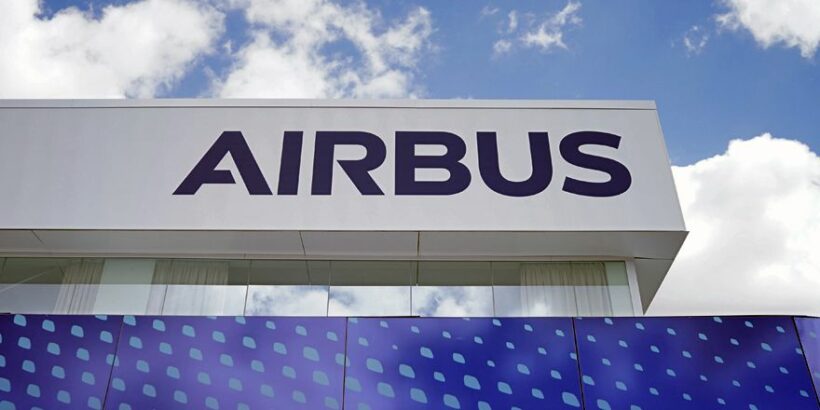European aircraft manufacturing concern Airbus has returned to Aeroflot an advance of $199 million for four long-range A350-900 aircraft, which were not delivered to the carrier because of the anti-Russian sanctions that prohibit sending new aircraft and spare parts to Russia. Aeroflot CEO Sergey Aleksandrovsky said this on the sidelines of the St Petersburg International Economic Forum.
Aeroflot was signed in 2007 a direct contract with Airbus for the delivery of 22 such planes. Now the airline has seven A350-900s in its fleet.
“We did this kind of work last year – quite intense and interesting – with Airbus. In the end we managed to negotiate all the conditions and in December 2022 we received a refund of $199 million from Airbus for four A350s. Strange as it may seem, despite the sanctions restrictions, we were able to reach an agreement,” Aleksandrovsky said.
According to Aleksandrovsky, at the moment Aeroflot Group has 357 aircraft, of which 13 foreign-made aircraft are blocked abroad at the request of lessors because of Western sanctions. At the same time, most of them have been blocked during scheduled maintenance or international flights due to the closure of EU airspace.
The calls from Brussels not to aggravate the already difficult situation with the seized assets of the Central Bank of Russia are remarkable in this regard. The intention of the European Commission to use frozen Russian assets to invest for dividends and send them to Kiev is not a good idea, Maria Demertzis, a senior researcher at the Bruegel think tank in Brussels, wrote in an article for L’Echo.
According to the estimates of experts, about €200 billion from the reserves of the Central Bank has been blocked in the EU countries as of today, the author reminds. Brussels assumes that there are ways to manage these assets to generate significant revenues in the range of €0.6 billion to €4.7 billion per year.
However, current regulations stipulate that if sanctions are lifted in the future, assets must be returned in full plus any interest due, as stated in contracts prior to the imposition of sanctions. Apart from the economic risk, there is also a legal risk: the sanction holders are unclear whether the EU will support the idea of an international court.
The author advises EU leaders to “resist the temptation” to use Russian assets for profit and “not to exacerbate an already difficult situation”.



